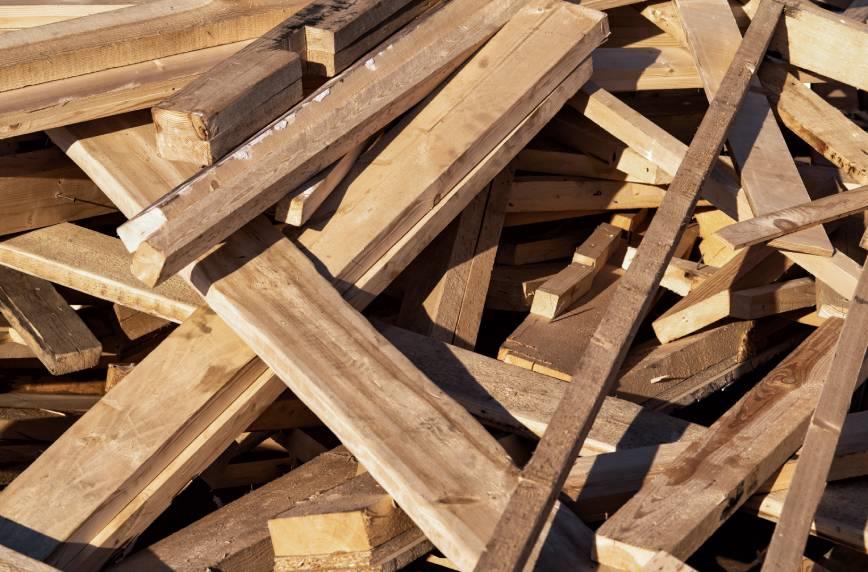Corrosive Materials To Avoid in Home Renovations


Whether you’re converting a walk-in closet into a miniature office or updating your bathroom plumbing, many hazardous materials could cause long-term damage to your home’s structural integrity. Rejuvenate your space by assessing your building materials and the foundation of your home. If you’re working on an old home or using donated equipment, avoid these corrosive materials for your home renovation.
Unsealed Steel
Steel may be durable, but with enough moisture in the air, it could be susceptible to rust and corrosion. Installing unsealed steel in your basement and bathrooms could lead to serious damage down the line. Use stainless or galvanized steel coated with a protective layer to reduce the chance of rust forming.
Low-Quality Paint
If you’re thinking about using that leftover paint for a new project, think again! Paint that lacks water- and UV-resistant properties can deteriorate quickly, especially in humid or sun-exposed areas. This could leave unsightly cracks, peeling, and discoloration on your beautiful walls. Save yourself the trouble, and use the best interior paint brands, such as Behr, for a finish that lasts.
Improperly Treated Wood
For your next outdoor project, use pressure-treated wood to combat the elements. Untreated wood absorbs moisture, which could lead to rot and structural failure. Rot-resistant woods, such as cedar, or wood coated with a weatherproof sealant can protect the timber from decay.
Acidic Cleaning Products
You may feel tempted to use a strong cleaner to polish your surfaces after a dirty project, but this could do more harm than good. Using acidic cleaners on tiles, countertops, or bathroom fixtures during or after renovations can corrode finishes and weaken materials over time. Stick to mild, pH-neutral cleaners to protect the surfaces in your home and leave them sparkling.
Low-Grade Aluminum
Using aluminum benefits numerous industrial projects, but weak grades of aluminum can corrode easily in humid or salty environments. Especially in coastal homes, aluminum requires extra sealant to counteract extreme weather conditions. Instead, use a high-quality aluminum, such as anodized aluminum, to preserve your home’s structural integrity.
Cheap Fasteners and Hardware
Nails, screws, and other fasteners may seem minor, but they will be holding up everything you install as part of your project. Cheap, non-rust-resistant options can become corrosive materials that ruin your home renovations. Always choose rust-proof materials, such as stainless steel or coated fasteners to avoid loose connections and weakened supports.
Before you open that case of old tools and parts, look out for these harsh materials that could severely damage your home. While you may think you’re saving money on your renovations, you may end up paying it back in repairs. Invest in high-quality materials, and finish off your project with ease.
